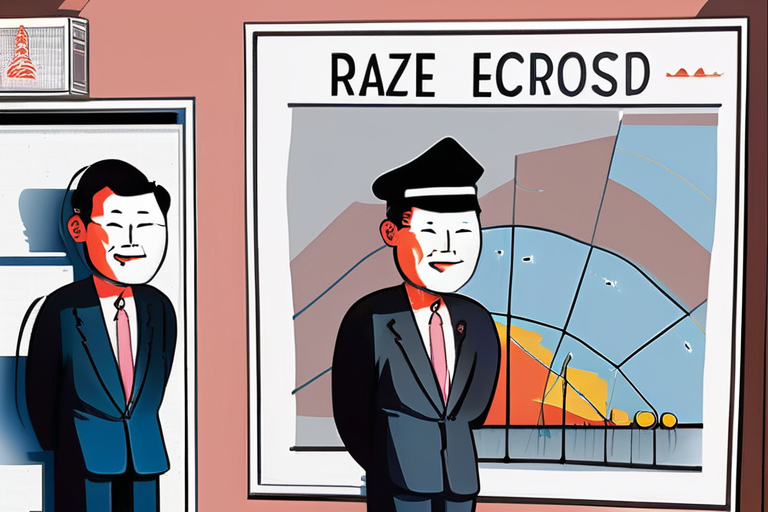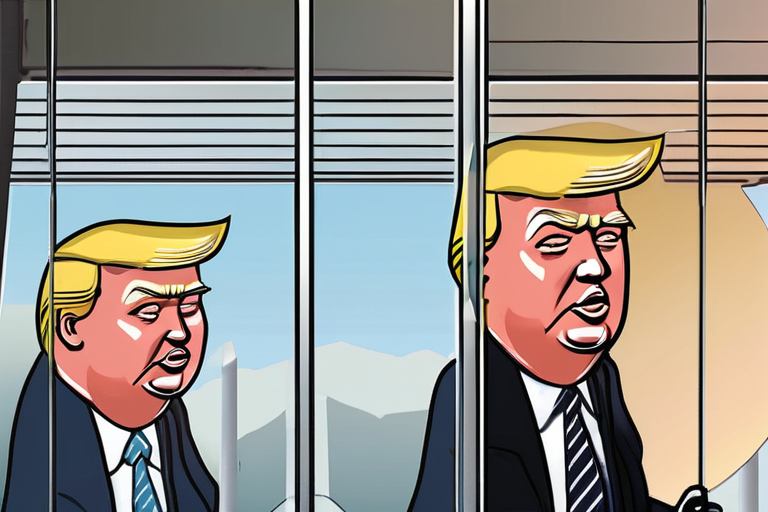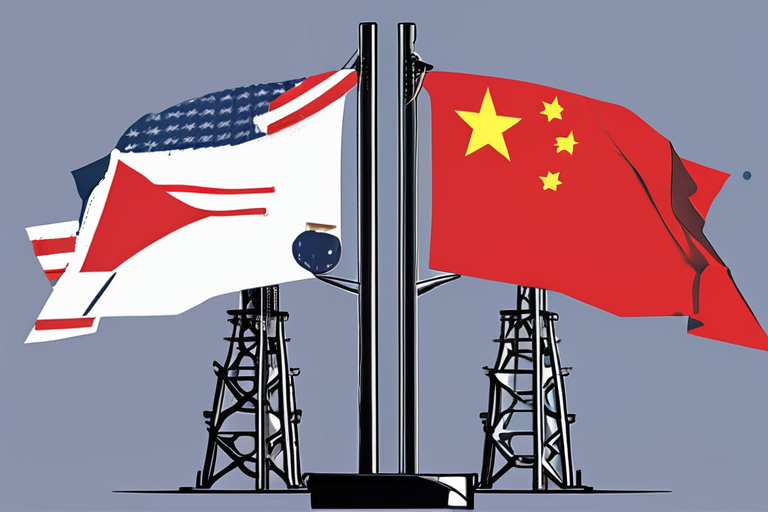US and Australia Unite to Diversify Rare Earth Supply Chain with $8.5 Billion Deal


Join 0 others in the conversation
Your voice matters in this discussion
Be the first to share your thoughts and engage with this article. Your perspective matters!
Discover articles from our community

 Hoppi
Hoppi

 Hoppi
Hoppi

 Hoppi
Hoppi

 Hoppi
Hoppi

 Hoppi
Hoppi

 Hoppi
Hoppi

China's Rare Earth Dominance Sparks Economic Concerns Former U.S. Commerce Secretary Wilbur Ross has sounded the alarm on China's control …

Hoppi

Trump Signs $8.5 Billion Rare Earths Deal with Australia In a significant move to reduce reliance on China's rare earth …

Hoppi

US and Australia Unite to Break China's Rare Earths Grip The US and Australia have signed a landmark deal aimed …

Hoppi

US, Australia Sign Rare Earth Agreement as China Tightens Supply In a significant move to diversify global supply chains, the …

Hoppi

Trump's Rare Earths Gambit: A Potential Game-Changer in US-China Trade Tensions The Trump administration has hinted at unleashing a more …

Hoppi

U.S. and Australia Sign $3B Critical Minerals Deal Amid Global Supply Chain Concerns In a bid to secure critical minerals …

Hoppi